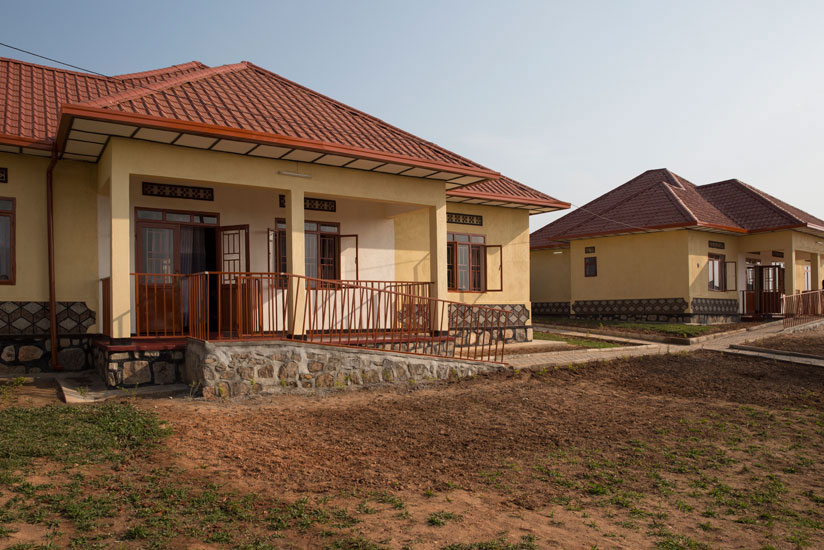
MPs urge CNLG to prioritize redress of challenges facing Genocide survivors.
By Eugene Kwibuka, The New Times.
Fighting trauma among Genocide survivors, finding proper homes and legal aid for them, as well as social support, are some of the critical challenges the National Commission for the Fight against Genocide (CNLG) should focus on.
The call was made, yesterday, by members of the parliamentary Standing Committee on Unity, Human Rights and fight against Genocide as they met CNLG officials to discuss challenges raised in the commission’s report for 2015/16.
During the discussions, it was clear that continued advocacy is needed to ensure that survivors get decent homes, access legal assistance in their efforts to get redress as a result of parts of their land that were stolen by either the government for public work purposes or individuals, and get proper care for their mental health. “We shouldn’t wait for the (Genocide) commemoration period in order to take care of survivors’ trauma cases. We need to keep up advocacy so that we can intervene accordingly in the prevention of trauma among survivors,” said MP Iphigénie Mukandera.
MP Jacquéline Mukakanyamugenge agreed, explaining that mental health assessment and advice should be regular for hundreds of survivors who face trauma during the Genocide commemoration in April every year if they are to get proper healing. “There needs to be a way of helping them on a permanent basis,” she said, recommending thorough research about the current causes for recurrence of trauma among Genocide survivors.
On the issue of social support, it emerged that some vulnerable Genocide survivors complained about being put in the categories of well-off people under the Government’s Ubudehe social stratification scheme, raising fears that they risk losing access to welfare benefits.
Under the scheme’s criteria, the survivors were described as well-off because they own homes and cows but they see it as unfair because the assets were donated to them by the Government and, therefore, shouldn’t necessarily mean that they are able to support themselves. “In a way, vulnerable survivors should be put in a special category of Ubudehe,” said CNLG’s Executive Secretary Jean Damascène Bizimana in response to the complaints.
Regarding housing for survivors, it was clear during yesterday’s discussions that keeping up advocacy is needed to find decent homes for them because some of the houses are falling apart and need refurbishment. In April, the Fund for Support of Genocide Survivors (FARG) estimated that at least Rwf23 billion was needed to repair dilapidated homes of Genocide survivors and build new ones.
Dr Bizimana said the homes are being built step by step based on the most critical needs of survivors and availability of government’s means.
On grabbed land, the MPs pushed for an assessment that would determine the number of cases and costs for addressing them.
“We need to know how many are complaining and how much it would cost the government to pay them in order to retire the issue,” said MP François Byabarumwanzi, who heads the committee.
Among other issues, CNLG was also urged to keep the conversation going on how to fight genocide ideology in Rwanda and abroad, teach Rwanda’s history in the country’s schools, and take care of Genocide memorial sites.
Bizimana told journalists shortly after meeting that government institutions will keep working together to find answers for the current challenges related to the 1994 Genocide against the Tutsi.
